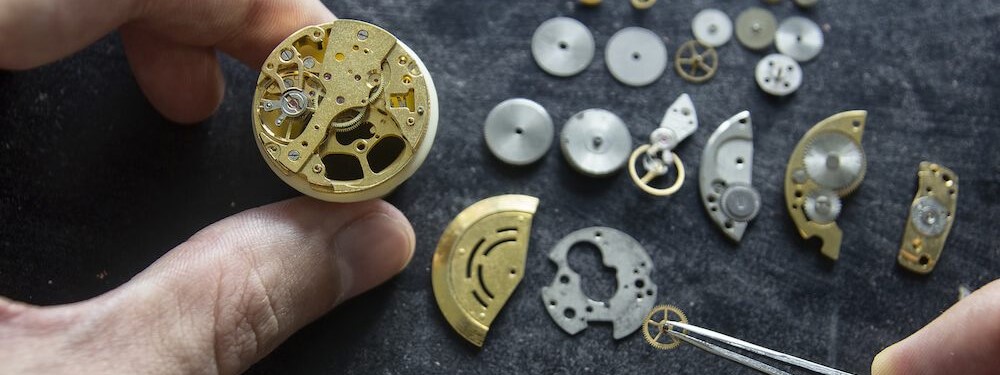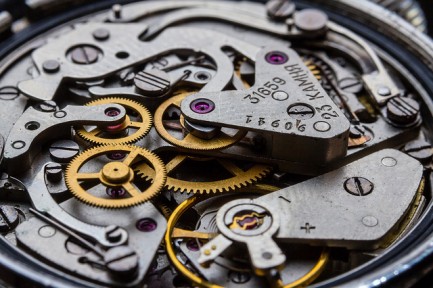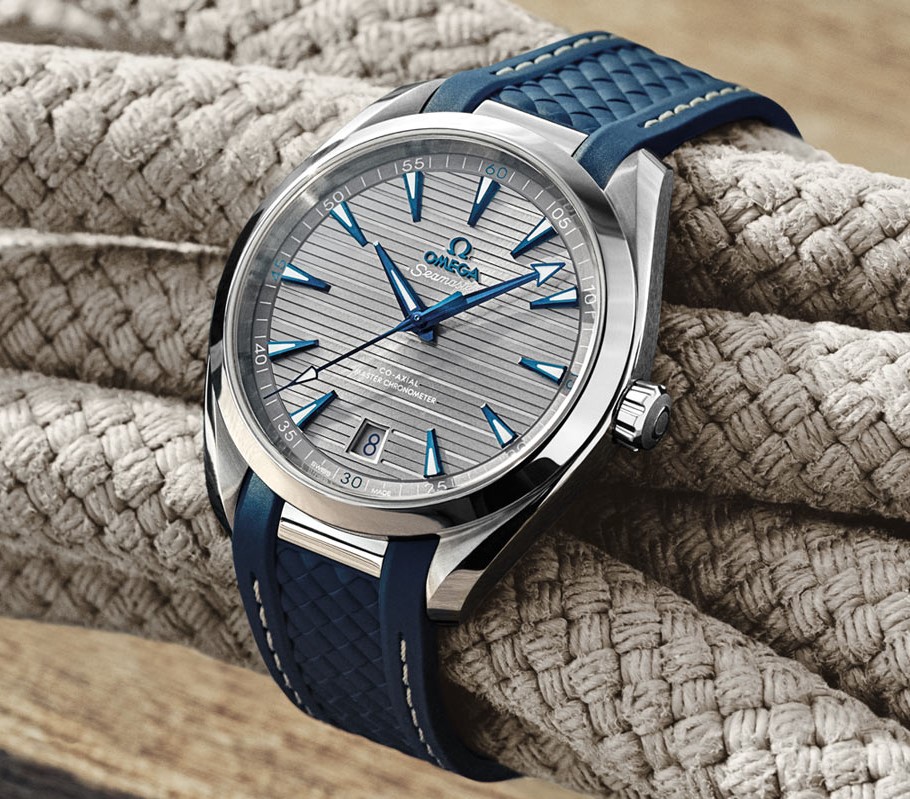Horology: Some Meaning and History

You might turn a few heads saying this one out loud. Horology (typically pronounced “hō-rol-uh-gee”) may not come across well to polite company—at first. However, its origins are far from unsavory. This word comes from the 19th century; horology’s definition is “the study of hours”.
When defining horology, we borrow from the Greek “hōra-” for “hour” and the well-established “-ology” meaning “study of”. Essentially, horology is the study and measuring of time. In this historical guide to horology, we’ll look at timekeeping from its humble beginnings to its current state. Continue reading to learn about horology, horologists, and how it affects you.

Horology and Horologists
If you’re not familiar with this term—it’s alright. In all fairness, it’s not one that often takes time on our tongues nowadays. Horology is certainly an archaic word.
Yes, even the most well established watch and clock makers likely don’t use it in their daily parlance. However, it happens to relate profoundly to their lives, as well as ours.
In fact, have you ever taken an interest in studying time? Then congrats—you’re an amateur horologist! Naturally, if horology is the term for the “study of hours” then a “horologist” means someone who studies hours.
The Merriam-Webster definition for horologist is, “1: a person skilled in the practice or theory of horology. 2: a maker of clocks or watches.”
Though this term emerged—and was trendier—back in the 19th century, the practice is quite ancient. For at least as long as we’ve had recorded history, we have also been pondering the idea of time. But before we had machines like watches and clocks to track it, we first had to conceptualize time. Without delving into a PhD length lecture on the abstract concept of time, let’s check out a brief history.
The History of Horology
Humanity’s first horologists mapped the concept with the stars. You could say that the cosmos was our first Timex, or Seiko, etc….
As far as anyone can look back, it all started with the ancient Sumerians around 2,000 B.C. They used astronomical cycles along with the beginnings of sexagesimal (base 60) system. With these tools, they started building timetables from the stars.
Inheriting the sexagesimal system, our friends the Babylonians (and later the Greeks) continued this practice. In relation to these practices, around 1500 B.C. horological enthusiasts in Egypt developed timekeeping technology. This was based on “T” shaped sundials. Even further, the Egyptians had a system of twelves and twenty-fours to divide the days (sound familiar?).
As time passed and transcontinental communication became more in-vogue, many gadgets emerged in the coming centuries. The first modern clocks were built by the 14th century and from there, as one might say, “the rest is history”.
For more information on the division of time across history, we recommend this fascinating article by Michael A. Lombardi. He discusses the reason that minutes and hours are both divided into units of 60, while days only hold 24 hours. Interestingly, he notes that a few rare minutes (8 per decade) contain 61 seconds instead of 60. Horology is riveting!

Modern Horology
One of the better ironies of modern times is that we’ve moved back to space to map time. We have satellites and telescopes that track our relative movement through time and space—which beam it all back home. Even with modern advancements, however, the art of horology is still a hands-on trade.
Everywhere around the world people still turn their wrists up toward their facades to find a sense of place in time. Every day, manufacturers; repairers; and general horological enthusiasts keep the gears turning on one of our species’ most prolific and perpetual fascinations.
Whether picking through gears or staring at the night sky, you are part of the great concept that keeps moving us forward. So, to all our professional and amateur horologists out there—we send a salute. We hope to find you somewhere in time.
Your Local and International Horologists
Times Ticking has been in operation for more than 30 years, since 1982. We have performed watch repair for customers both locally and internationally. If it ticks, we KNOW it!
Our team of watch repair technicians have over 120 years of combined experience in watchmaking. Like many horologists and civilians of years past, we are students of time.

